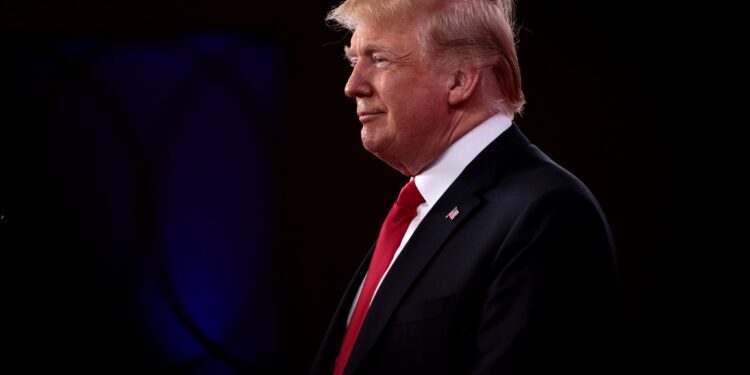
On Friday, President-elect Donald Trump was sentenced in a New York court for his role in the hush money case involving adult film actress Stormy Daniels. The case, which stemmed from payments made to Daniels ahead of the 2016 election, concluded with Trump being convicted on 34 felony counts related to falsifying business records. Despite the conviction, Trump has maintained his innocence, insisting that the charges were politically motivated.
As the first former U.S. president to face a criminal conviction, Trump’s sentencing has raised concerns among critics and supporters alike. While he has lost the right to own firearms due to his felony conviction, he retains the ability to vote, hold federal office, and travel internationally. This means that Trump is still eligible to take office as president and is not restricted from participating in the upcoming 2024 election, despite the legal challenges he faces.
Trump’s conviction in this case marks a significant moment in American political history, but the sentencing did not include prison time, fines, or community service. Instead, Trump was granted an “unconditional discharge,” a decision that has sparked debate over whether justice was fully served. Some critics argue that his status as a former president allowed him to escape a harsher sentence, while his legal team maintains that the case is a politically motivated attack.
Beyond his right to bear arms, Trump’s felony conviction may impact his future business ventures. He could face obstacles in industries like casino ownership, where criminal convictions often disqualify individuals from holding necessary licenses. However, Trump’s real estate holdings are owned through corporate entities, which may shield him from some of these restrictions.
Despite these challenges, Trump can still hold office as president and travel internationally, though some foreign nations may impose travel restrictions on convicted felons. However, it’s important to note that some states may impose additional barriers for convicted felons running for state or local office, which could limit his political future beyond the presidency.
Trump has consistently decried the legal battles as a “witch hunt” and insists that the charges were designed to harm his political prospects. His defense team has criticized the legal process, arguing that the case was an unjust attack on his character and political ambitions. However, with the 2024 election fast approaching, Trump’s legal troubles will continue to be a significant issue for his supporters and detractors alike.
